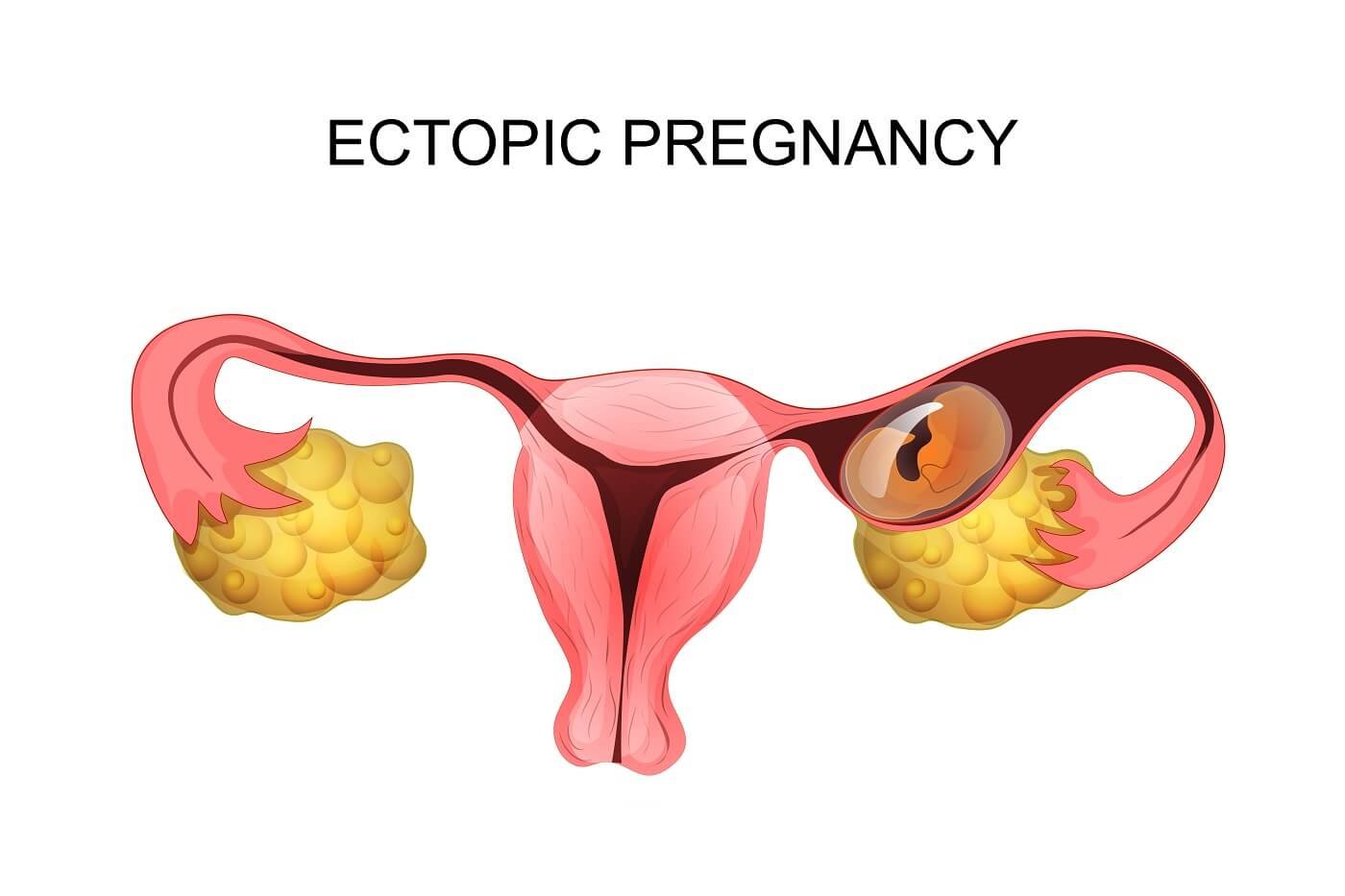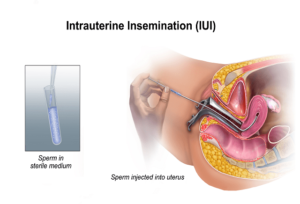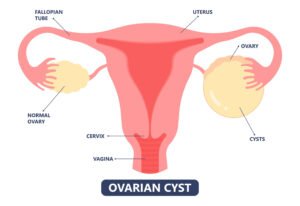Also known as extrauterine pregnancy, an Ectopic Pregnancy is a critical medical condition in which a fertilized egg implants and begins to develop outside the uterus. Typically, this occurs within the fallopian tube, though, in rare instances, it may also take place in the ovary, abdominal cavity, or cervix.

Ectopic pregnancy is serious and requires immediate medical attention. This is because the embryo’s growth outside the uterus is not viable, and it poses a substantial risk to the health and well-being of the pregnant individual. In this blog, we will delve into the details of ectopic pregnancies, their causes, symptoms, and more.
ALL ABOUT ECTOPIC PREGNANCY
Why Does Ectopic Pregnancy Occur?
Ectopic pregnancies occur when a fertilized egg doesn’t successfully travel through the fallopian tube and implant in the uterus, as it should. There are several ectopic pregnancy causes responsible for this abnormal implantation. They include:
- Hormonal imbalances
- Damage to the fallopian tubes
- Irregular-shaped fallopian tube
- Smoking or excessive tobacco usage
- An abnormal growth blocking the fallopian tube
- Tubal damage from infections or previous surgeries
In some cases, it can be challenging to pinpoint a specific cause.
What Are The Symptoms of An Ectopic Pregnancy?
While ectopic pregnancies come with various symptoms, they can vary from person to person. Common ectopic pregnancy signs include:
- Abdominal Pain
- Vaginal Bleeding
- Shoulder Tip Pain
- Weakness, Dizziness
- Gastrointestinal Symptoms
- Urinary Issues
- Signs of Shock
It’s essential to seek immediate medical attention if you suspect an ectopic pregnancy, as early diagnosis and intervention are crucial to prevent life-threatening complications.
How Is Ectopic Pregnancy Diagnosed?
Diagnosing an ectopic pregnancy involves a combination of medical history, physical examination, and specialized tests.
Initially, your healthcare provider may inquire about symptoms, last menstrual period, and any risk factors. They may conduct a pelvic exam to check for abdominal tenderness or abnormal masses.
To confirm the diagnosis, ultrasound imaging is used. Transvaginal ultrasound is particularly effective and helps identify the ectopic pregnancy’s location. Your doctor may also order blood tests if necessary.
What’s The Treatment For Ectopic Pregnancy?
The treatment for ectopic pregnancy depends on various factors, including the pregnancy’s stage and the individual’s overall health. Here are the primary treatment options:
Medication
If the ectopic pregnancy is detected early, and there’s no risk of rupture, your doctor may prescribe medication. It stops the growth of the embryo and allows the body to absorb it over time.
Surgery
Ectopic pregnancy surgery is often necessary if the ectopic pregnancy is advanced and if there’s a risk of rupture. The surgeon may remove the ectopic pregnancy while attempting to preserve the affected fallopian tube. In some cases, the entire tube may need to be removed.
Observation
In certain situations where the ectopic pregnancy is very small and hCG levels are falling on their own, a doctor may opt for a watchful waiting approach with close monitoring.
How To Prevent Ectopic Pregnancy?
Ectopic pregnancies can’t always be prevented, but several measures can reduce the risk. Avoiding high-risk behaviors such as smoking and practicing safe sex to prevent STIs can help.
Also, early detection and treatment of STIs, along with prompt medical attention during pregnancy, are crucial steps in preventing ectopic pregnancies. If you notice any symptoms or want to understand more, don’t hesitate to get in touch with your healthcare provider today.





